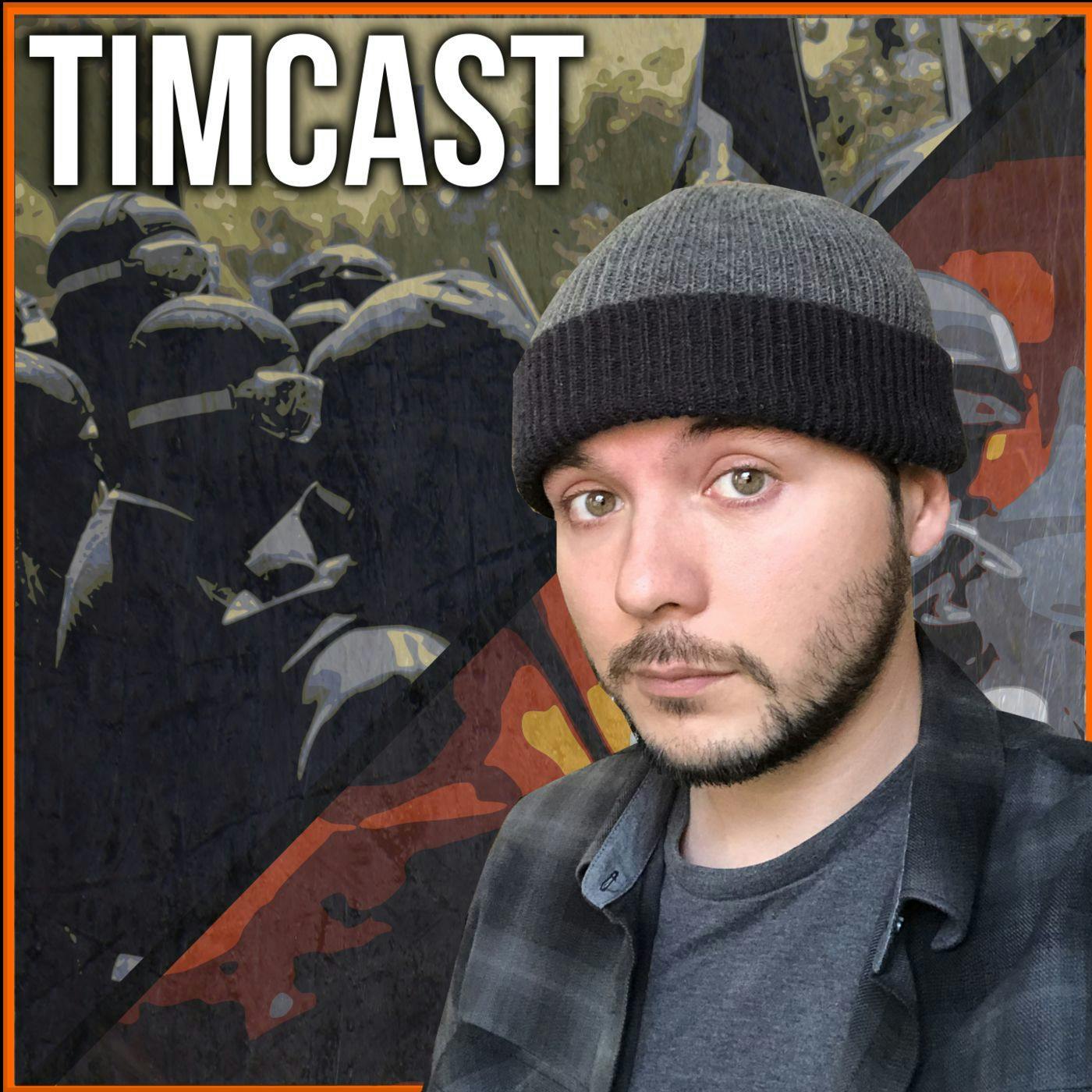
Syria COLLAPSES, World War 3 HAS BEGUN Says Bank CEO, US, RUSSIA EVACUATES As US & Israel STRIKE

Tim Pool Daily Show
Deep Dive
Why did Jamie Dimon claim that World War Three has already begun?
Jamie Dimon, CEO of JP Morgan Chase, stated that World War Three has already begun due to ongoing coordinated battles in multiple countries. He emphasized the need to protect assets as the conflict escalates, citing nuclear proliferation as a greater existential threat than climate change.
What is the significance of Russia evacuating its naval base in Tartus, Syria?
Russia's evacuation of its naval base in Tartus, Syria, is significant because it risks losing access to the Mediterranean Sea. Tartus has been a key hub for Russian vessels for over five decades, and its loss could force Russia to rebuild new ports, impacting its strategic military presence in the region.
What role does Syria play in the global natural gas pipeline conflict?
Syria is central to the global natural gas pipeline conflict because it refused to allow the U.S. to build a pipeline through its territory, which would have offset Russia's Gazprom control over European gas supplies. Russia and Iran then proposed building a pipeline through Syria and Turkey, further complicating the geopolitical tensions in the region.
Why is Taiwan on high alert amid the escalating global conflicts?
Taiwan is on high alert because China has deployed nearly 90 warships near its waters, signaling a potential move to seize control of the island. China views Taiwan as part of its territory and is leveraging the global conflicts in the Middle East and Eastern Europe to divert Western attention while advancing its interests in the Pacific.
What are the potential consequences of the collapse of the Assad regime in Syria?
The collapse of the Assad regime in Syria could lead to a humanitarian crisis, with the country becoming a flattened war zone. Rebels are unlikely to manage the country effectively, and ongoing airstrikes could cause widespread destruction, forcing many Syrians to flee as refugees.
What is the connection between the U.S. military strikes in Syria and the broader global conflict?
The U.S. military strikes in Syria, particularly targeting chemical weapons sites, are part of a broader global conflict involving Russia, Iran, and other regional powers. These strikes aim to prevent chemical weapons from falling into the wrong hands but also escalate tensions, potentially drawing in more countries and increasing the risk of a larger war.
Why is there concern about nuclear escalation in the current global conflict?
There is concern about nuclear escalation because Russia, facing significant losses in Syria and Ukraine, may resort to extreme measures to maintain its power. With Russia's naval bases under threat and its military struggling, the possibility of nuclear retaliation becomes a real and dangerous scenario.
What is the role of BRICS nations in the current global tensions?
BRICS nations (Brazil, Russia, India, China, and South Africa) are increasingly aligning to challenge the Western world order. Their cooperation, particularly between Russia and China, aims to counter NATO and Western influence, potentially reshaping global power dynamics and escalating conflicts.
How does the conflict in Syria impact U.S. domestic politics?
The conflict in Syria impacts U.S. domestic politics by highlighting the divide between interventionist policies and the anti-war sentiment of the American public. The current administration's actions in Syria are seen by some as exacerbating conflicts, while others argue for a more restrained approach to avoid further entanglement.
What is the significance of the U.S. and Israel's joint military actions in Syria?
The U.S. and Israel's joint military actions in Syria, particularly targeting chemical weapons sites, are significant because they aim to prevent these weapons from being used or falling into the hands of hostile groups. These actions also signal a strong alliance between the two countries in countering regional threats, particularly from Iran and its proxies.
- Collapse of Assad regime in Syria
- US, Israel, and Turkey military strikes
- Jamie Dimon's declaration of World War III
- Russia evacuates Tartus naval base
- China's actions regarding Taiwan
- Global implications of the conflicts
Shownotes Transcript
BUY CAST BREW COFFEE TO FIGHT BACK - https://castbrew.com/
Become a Member For Uncensored Videos - https://timcast.com/join-us/
Hang Out With Tim Pool & Crew LIVE At - http://Youtube.com/TimcastIRL
Syria COLLAPSES, World War 3 HAS BEGUN Says Bank CEO, US, RUSSIA EVACUATES As US & Israel STRIKE
Learn more about your ad choices. Visit megaphone.fm/adchoices)